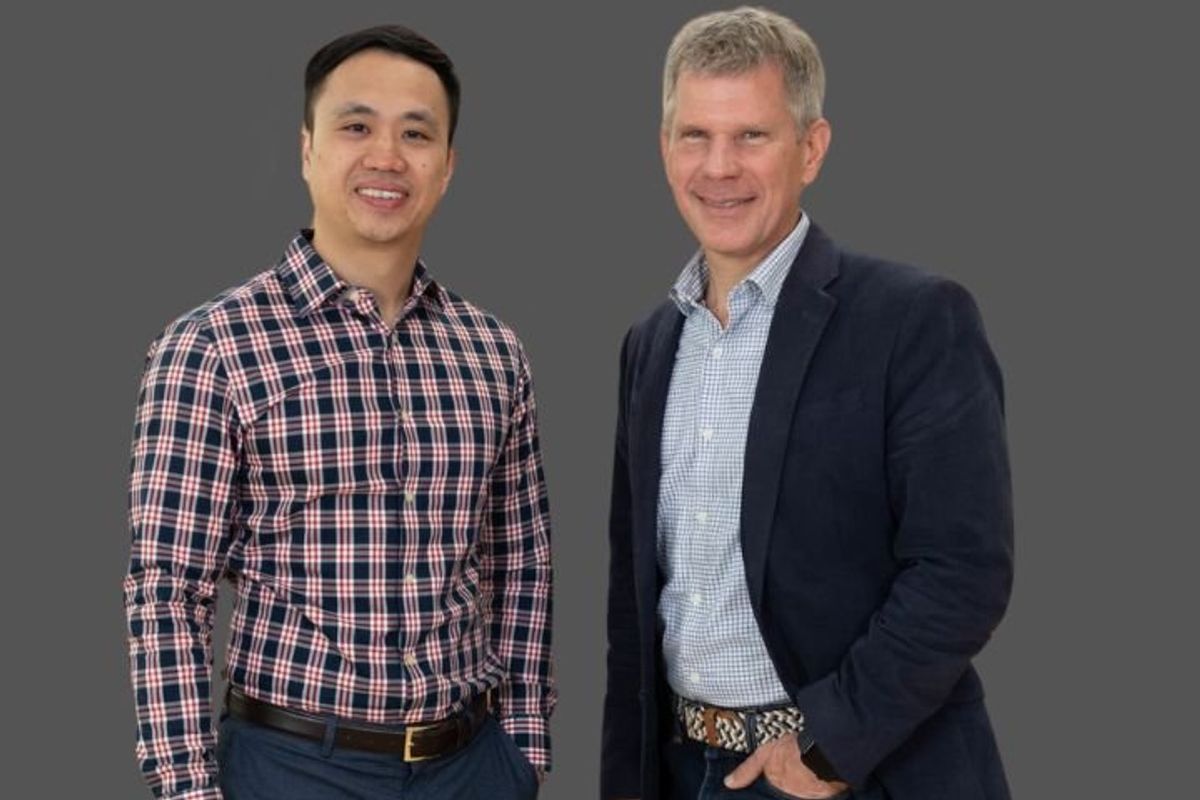Houston's Rice University tops new 2025 list of best colleges in Texas
report
The most prestigious higher education institution in Houston has done it again: Rice University has topped WalletHub's 2025 list of the best colleges and universities in Texas for 2025.
The just-released list analyzed more than 800 colleges and universities in the United States using 30 metrics to determine their rankings.
Rice claimed the No. 1 spot in Texas and in WalletHub's regional category of best universities in the South. The school also ranked as the No. 6 best college nationwide.
Rice earned first place in the category for the "best" (or lowest) on-campus crime rates, and ranked 13th for its gender and racial diversity. The school ranked No. 24 in the category for net cost. According to U.S. News and World Report, tuition and fees at Rice cost $60,709 per year. Rice also has an acceptance rate of eight percent, earning the university No. 27 in the category for admission rates.
Here's how WalletHub broke down the rest of Rice's ranking, where No. 1 is the best and No. 49 is the worst:
- No. 26 – Student-faculty ratio
- No. 43 – Graduation rate
- No. 47 – Post-attendance median salary
The only other Houston university to earn a spot in WalletHub's report was the University of Houston, earning No. 12 in Texas and No. 288 nationally.
The top five universities that outranked Rice in the national rankings were Princeton University (No. 1), Yale University (No. 2), Harvard University (No. 3), Massachusetts Institute of Technology (No. 4), and Dartmouth College (No. 5).
The top 10 colleges and universities in Texas are:
- No. 1 – Rice University
- No. 2 – The University of Texas at Austin
- No. 3 – Trinity University
- No. 4 – Texas A&M University-College Station
- No. 5 – Southwestern University
- No. 6 – Texas Christian University
- No. 7 – Austin College
- No. 8 – Texas A&M International University
- No. 9 – University of Dallas
- No. 10 – Southern Methodist University
------
This article originally ran on CultureMap.
- Rice University reveals details of collaborative hub expected to open in the Ion later this year ›
- Houston innovation leader named to new role to drive strategy, programming ›
- 2 lab-stage Houston startups receive fresh funding from Rice University grant program ›
- Rice University inks strategic partnership with French research institution ›
- Rice University's edtech company receives $90M to lead NSF research hub ›
- Houston innovation hub restructures, pulls in more Rice resources ›
- 3 Houston universities rise to the top in new list of best Texas schools for 2024 ›
- 3 Houston cancer-focused research projects receive seed grants from new innovative initiative ›
- Rice University to launch artificial intelligence major - InnovationMap ›
- Rice University tops WalletHub ranking of best Texas schools - InnovationMap ›
- Texas ranks No. 7 on Wallethub's 2025 Best & Worst States for Jobs report - InnovationMap ›

 Tho Tran (left) and Bradley McConnell are professors at UH. Photo via UH.edu
Tho Tran (left) and Bradley McConnell are professors at UH. Photo via UH.edu Stephen Ives (left) is the president and CEO of YMCA of Greater Houston, and Elizabeth Killinger is president of Reiliant. Images courtesy
Stephen Ives (left) is the president and CEO of YMCA of Greater Houston, and Elizabeth Killinger is president of Reiliant. Images courtesy
 Apple doubles down on Houston with new production facility, training centerPhoto courtesy Apple.
Apple doubles down on Houston with new production facility, training centerPhoto courtesy Apple.

